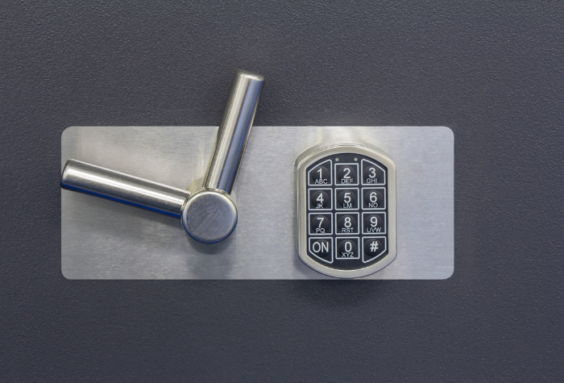 In Family Security Insurance Co. v. Stein, No. 4D22-1468 (Fla. 4th DCA Feb. 8, 2023), Florida’s Fourth District Court of Appeal confirmed that, in a coverage action where the issue of coverage is in dispute, an insurer’s claim file and claim investigation materials are protected by the work product privilege.
In Family Security Insurance Co. v. Stein, No. 4D22-1468 (Fla. 4th DCA Feb. 8, 2023), Florida’s Fourth District Court of Appeal confirmed that, in a coverage action where the issue of coverage is in dispute, an insurer’s claim file and claim investigation materials are protected by the work product privilege.
Family Security was a breach of contract action filed by two homeowners seeking homeowners insurance coverage for damage to their home. The insurer denied coverage and contested damages. In discovery, the homeowners moved to compel the insurer to produce its field adjuster’s loss report, nonfinal estimate, and supporting documentation. The trial court granted the homeowners’ motion, requiring the insurer to produce these documents.
The insurer then filed a petition for certiorari with the Fourth District Court of Appeal seeking to quash the trial court’s discovery order on the grounds that the materials the insurer was required to produce were protected by the work product privilege. The Fourth District granted the petition.
The Fourth District explained that it “has consistently held that an insurer’s claim file constitutes work product and is protected from discovery prior to a determination of coverage.” Additionally, “[m]aterials generated during an insurer’s investigation of a claim are generally considered work product.” The Fourth District held that the materials that the trial court required the insurer to produce were claim investigation materials and thus protected by the work product privilege in the coverage action.
In an effort to avoid the work product privilege, the homeowners claimed the insurer waived the privilege because, in defending the lawsuit, the insurer asserted that the damage to the home resulted from certain causes (presumably noncovered ones). The homeowners argued that, by raising this defense, the insurer waived the work product privilege as to claim investigation materials because the insurer’s investigation would have addressed the cause of damage. The Fourth District rejected the waiver argument.
The Fourth District noted that Florida Rule of Civil Procedure 1.280(b)(4) allows a party to obtain documents that are otherwise protected by the work product privilege if it shows that it “has need of the materials in the preparation of the case and is unable without undue hardship to obtain the substantial equivalent of the materials by other means.” The Fourth District held that this rule was inapplicable because the trial court “did not take evidence or conduct an in camera examination of the documents to determine whether the requirements of the rule were met.”
